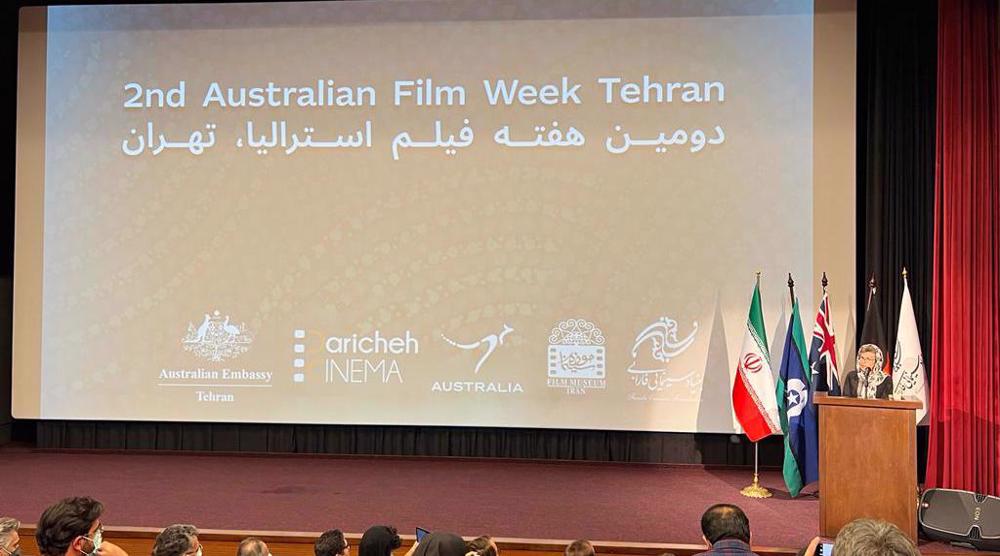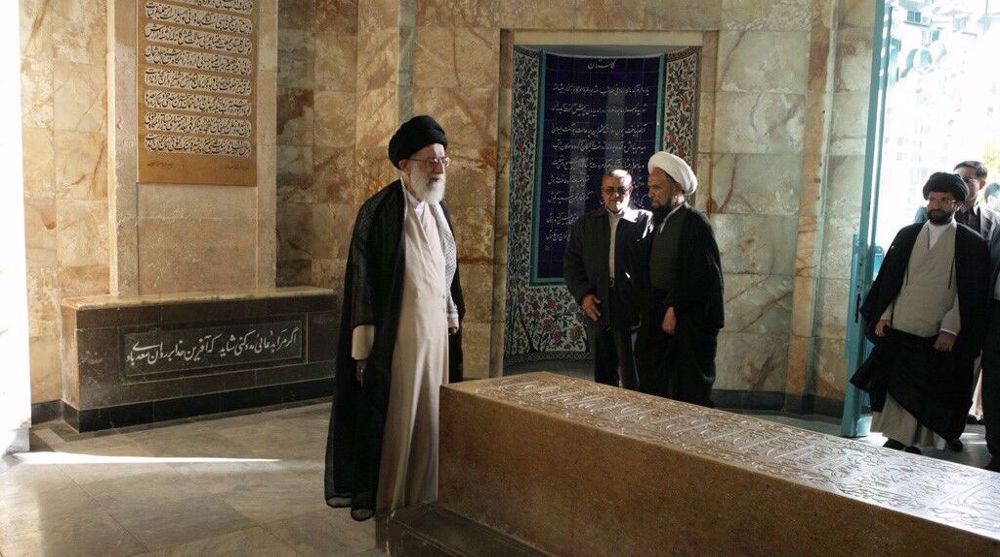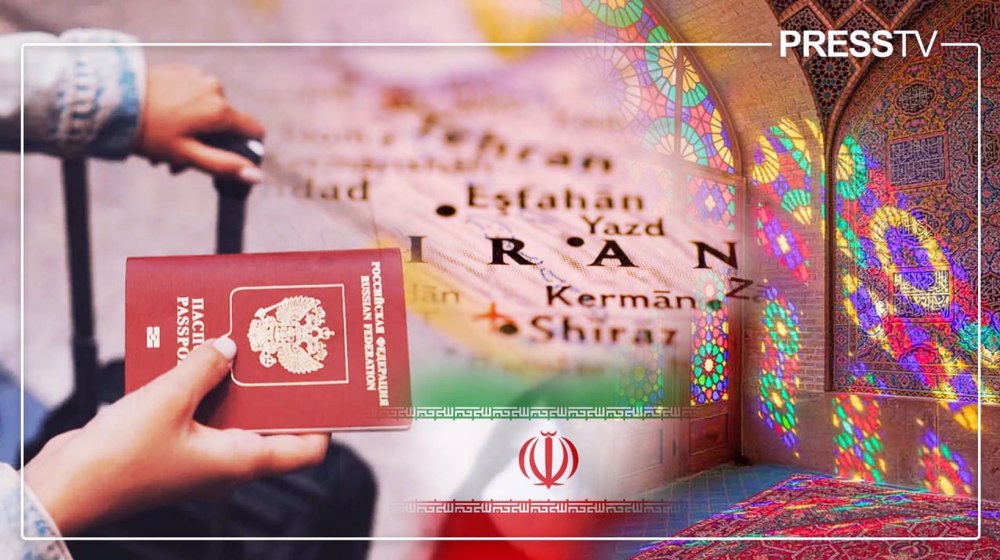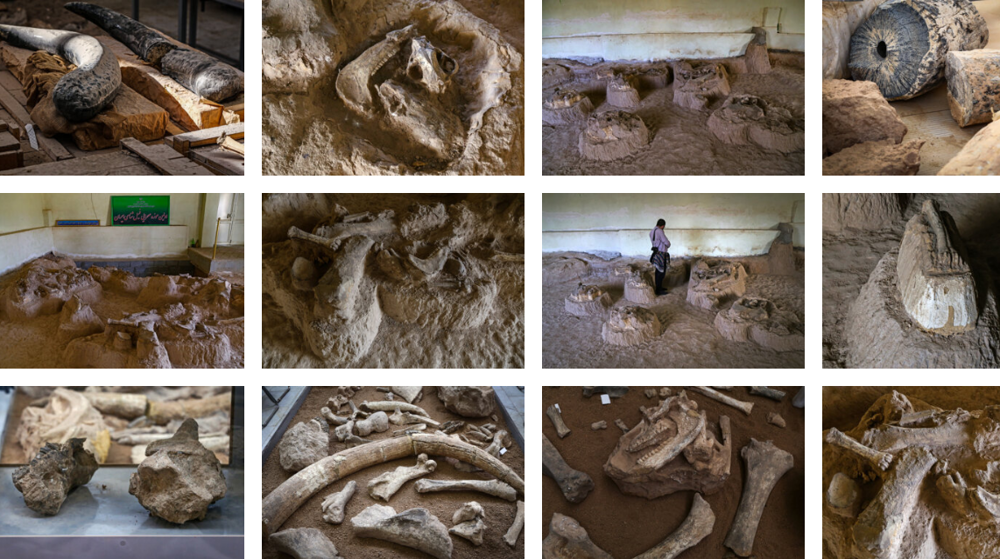Australian film week: Gateway to further cultural cooperation
By Leila Faramarzi
It’s all about relationships.
Iran and Australia came together in Tehran to celebrate cinema and culture, as August ran into September.
Friday, September 2, saw Australia Film Week in Iran close, as it opened a new door to a dialogue among civilizations.
In other words, Australia was first in a long line of film weeks coming up. The line this year is to continue with China and Russia and move on to three other countries.
The present event was held and set off in style in some of the best cultural centers in the capital. Held in Bagh-e Ferdows Cinema Museum, it was inaugurated at Farabi Cinema Foundation, Iran’s national cinematic body for organizing international events on August 30. It is heard that this second Australian film week after years and the tenth international film week Iran has done altogether over the years is only the first link in a new dialogue among civilizations. It is to be a beginning in cinematic cooperation with other countries, as well as in other capacities with Australia.
Australia was asked to also participate in the wintertime Fajr film festival and children’s festivals.
Culture and cinema bring people closer together and Iranian cinema boasts it can express human culture in a clean context too, as it promotes conservative family values. The thing is, Iran also holds Persian film weeks abroad.
In the present event, five films have been screened, beginning with the Furnace at Farabi, and ending with Nitram at Bagh-e Ferdows.
As Iranian cinematic and cultural authorities gave her the floor, an elegant Australian Ambassador Lyndall Sachs, who has shown an interest and respect in the local culture of her host country before, told of her experience during her three years here. Noticing the Persian passion for cinema, she has learned Australians and Iranians both see cinema as a source of entertainment and a voice we may not hear otherwise.
The Sapphires and Rabbit Proof Fence are two favorites. Five other films were screened at the event, but all of them were the “newest best films to be shown to explore family relations and Australians’ relations with their indigenous people,” the Aboriginals or First People.
Nitram, the last film to be screened Friday, is directed by Justin Kurzel. With no less of a human angle than any other, it is about an isolated young man who lives with his parents in Australia until he meets an eccentric heiress. What follows is a gripping portrait of nihilism and violence. But I got to learn a whole lot of new things from the first film screened at the opening.
The Furnace, directed by Roderick MacKay and screened at Farabi’s Abbas Kiarostami Hall, is about Afghan cameleers in Australia in the 19th century. There’s no happiness to be found in the furnace, as any gold melted in there is blood money, and so Haneef the cameleer chooses redemption instead, and to walk through nature with his Aboriginal brothers. That’s what Sachs loved about the film. In a twist of events, it turned out to be a film on “Redemption which correlates to Reconciliation with the Aboriginals” in Today’s Australia. She did say earlier: “Our (Australian) cinema weaves the voices and practices of the oldest culture, our first people, into how we present Australia today.”
And guess what? 150 years on, the cameleers may be no more. But Muslim and Sikh names live on among Aboriginal families. Mixed marriage relations then set the stage for relations with the First People today.
And cinematic events between Iran and foreign missions are lined up to form new cultural bonds and keep those existing going.
As the opening heard: “The language of cinema, is an international language.”
UK suspends legal assessments of Israeli violations in Gaza
Students protest at US universities to urge end in financial ties to Israel
Biden signs war aid bill supplying Israel, Ukraine with more weapons
VIDEO | France, West warn Israel against escalation with Iran
Iran refutes Kuwait’s assertion of exclusive rights to Arash gas field
VIDEO | Press TV's news headlines
Region to benefit from Iran-Sri Lanka cooperation: Raeisi
Iran dismisses US allegation of ‘malicious cyber activity’










 This makes it easy to access the Press TV website
This makes it easy to access the Press TV website